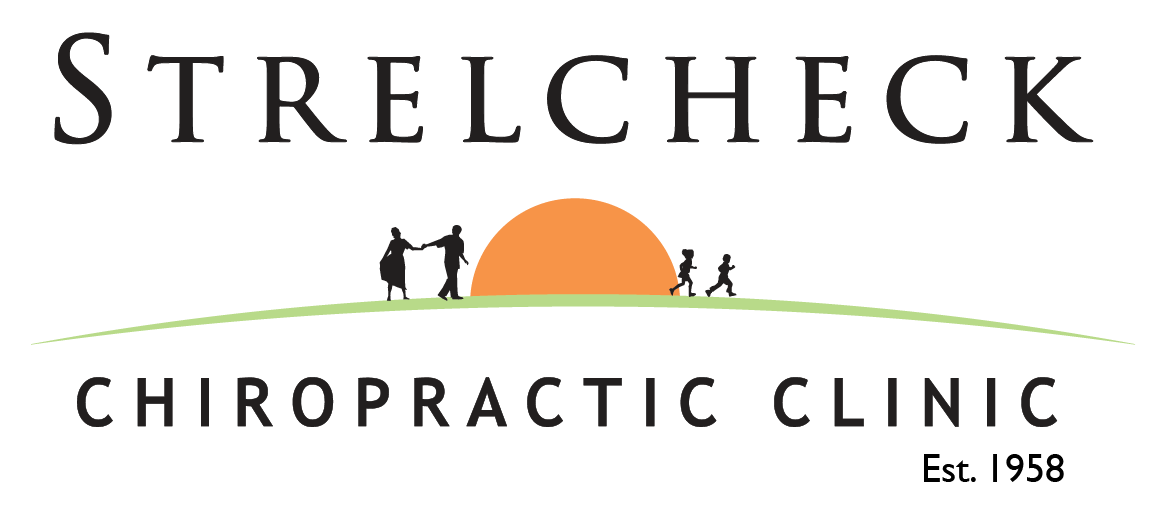
Adrenal Fatigue
Adrenal Fatigue is a collection of signs and symptoms, known as a syndrome, that results when the adrenal glands function below the necessary level. Most commonly associated with intense or prolonged stress, it can also start during or after acute or chronic infections, especially respiratory infections such as influenza, bronchitis or pneumonia. Adrenal fatigue is not a new condition. People have been experiencing this condition for years, but recently there was not the knowledge or awareness as to what it was or how to get help to treat it. Take the quick Adrenal Fatigue Quiz to see if any or all of the symptoms fit your life. Tired for no reason? Having trouble getting up in the morning? Need coffee, pop, salty or sweet snacks to keep going during the day? Crave high protein foods such as meat and cheese? Feeling run down and stressed? Can’t bounce back from stress or illness? Struggling to keep up with life’s daily demands? Just not having fun anymore? Tendency to gain wight and unable to lose it, especially around the waist?? Unable to remember things? Pain in the upper back or neck for no apparent reason? Lightheaded, especially when rising from a laying down position? Mild depression? Decreased sex drive? None of these signs or symptoms by itself can determine adrenal fatigue, but when taken as a group, they form the big picture of a “syndrome”: a person under stress. To really understand how this all happens, we need to take a look at where it starts. Your adrenals are two small glands, weighing 3 to 5 grams located above the kidneys in your mid back. Don’t let their size fool you; these powerful little endocrine glands manufacture and secrete steroid hormones that are essential for life, health, and vitality. They “oversee” the functioning of each and every tissue, organ, and gland in your body to maintain balance during stress and keep you alive. They also have important effects on the way you think and feel. They have the highest content of Vitamin C per gram of any tissue and one of the highest blood flow per gram of any tissue in the body. They are about the size of a walnut, but can shrink down to the size of a small grape when exhausted. The main purpose of the adrenals is to enable your body to deal with stress from every possible source and to determine the energy of your body’s response to this stress. Whether they signal attack, retreat, or surrender, every cell responds accordingly, and you feel the results. As you can see by the signs and symptoms, these tiny glands effect everything you do: your sleep patterns, your eating habits, your emotional and physical status, and your ability to function and lead a healthy and happy life. Our clinic now offers simple, non-evasive testing for adrenal fatigue and suggestions for ways to modify your daily routine through specific nutritional supplements, changes in eating and sleeping habits, stress modification, increase in exercise, and chiropractic and massage therapy treatments. Don’t be content to feel bad and let life pass you by. Feel good again, be active, and enjoy a healthy, happy lifestyle! Call our clinic for an appointment today. We are always here for you!





